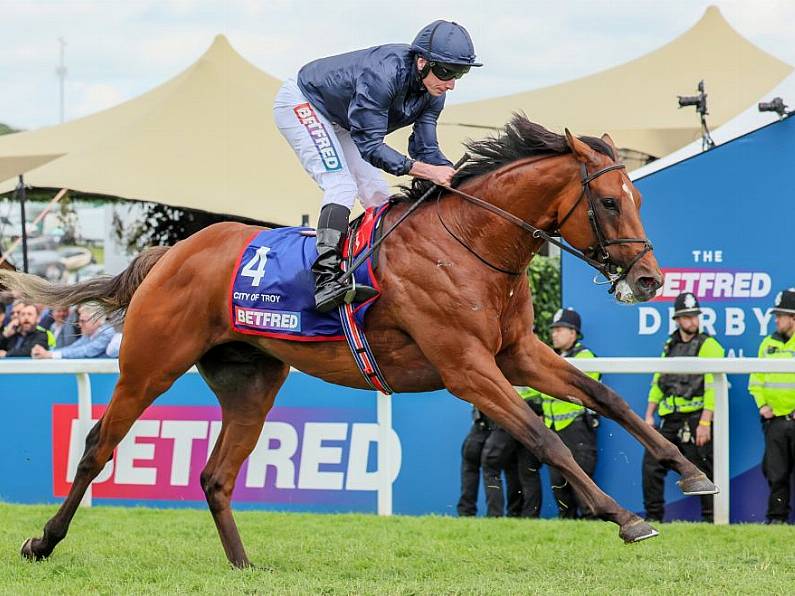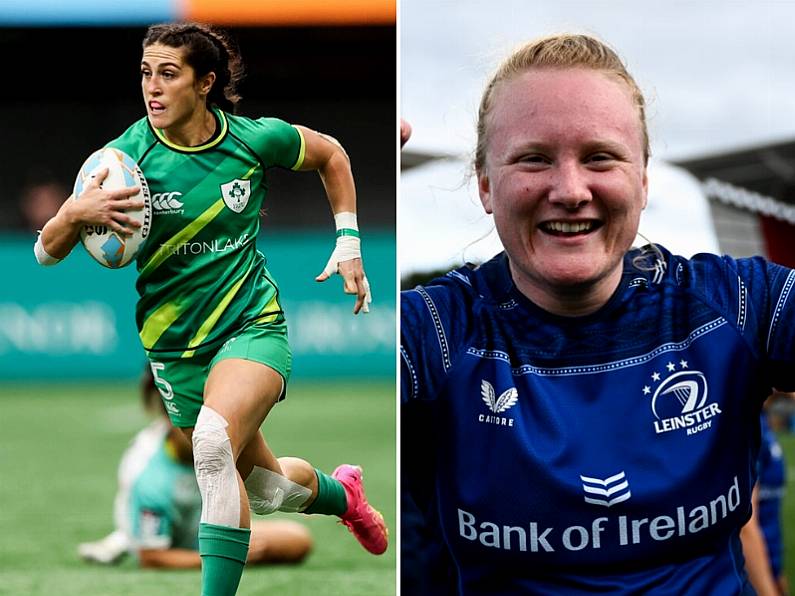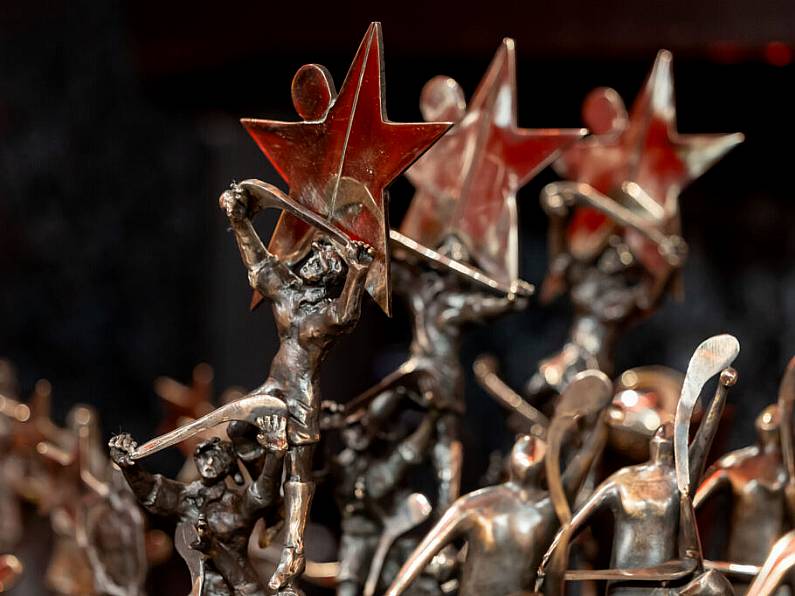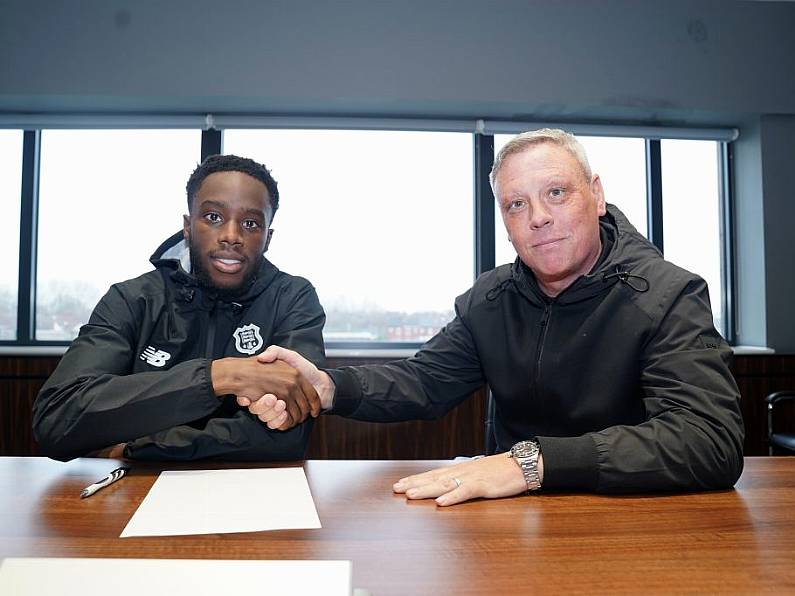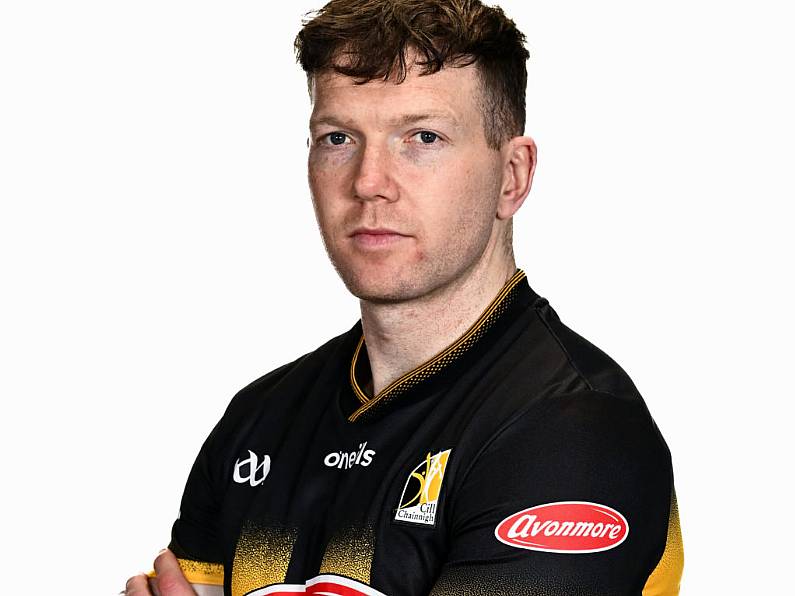By last Sunday morning, my voice was creaking, writes Anthony Daly
We had won the Kilmacud 7s tournament the previous day, which was extremely pleasing as hosts, but I shattered my voice from all the shouting.
My throat was so raw that I spent the night oiling it with honey and Lemsips to try and lubricate my larynx box for what was coming Sunday.
I was on live Radio 1 co-commentary with Pauric Lodge before doing The Sunday Game that night. I was afraid of sounding like a hoarse frog but I prepared as diligently as I would have if I was playing a big match. I did everything I needed to do and then I said to myself, ‘I’m going to give this everything.’
I felt I had to. I believed that I owed it to the listeners. When you’re doing live radio, especially for an All-Ireland final, you’re reaching a worldwide audience. The guy from Limerick lying on a beach in Thailand, or the girl from Galway in an office in Hong Kong is relying on you to paint the picture and tell the story of what is unfolding before you.
I wired myself so I could connect to all those people but I was also pumped up for other reasons. My attitude was that, in the greatest championship of all, every single player had given everything they had to make this the most treasured and special summer in the history of our great game.
And, by extension, I had a duty to do the same, to give everything I could, in my role.
As hurling people, we will forever be indebted to what all those warriors gave to us, of how much they honoured the game and the code this summer. The skill levels and individual brilliance reached another level but hurlers everywhere adhered so strongly to the warrior’s code — as Jackie Tyrrell aptly titled his book — that the chests of so many people everywhere, all around the world, were bursting with pride from this glorious game.
In a golden summer decorated by so many golden memories, Limerick ultimately stand with their flag flying high in the middle of the battlefield, with fallen but glorious warriors strewn across the terrain from the most epic set of battles in hurling’s storied history.
Limerick had any amount of standout turning points in their season; Nickie Quaid’s superb save from Seamus Harnedy; Tom Morrissey’s winning point against Kilkenny; Kyle Hayes’ equalising point against Cork in Munster. And yet the moment which defined Limerick’s journey for me was Graeme Mulcahy’s shoulder on Mark Coleman below in Cork in June.
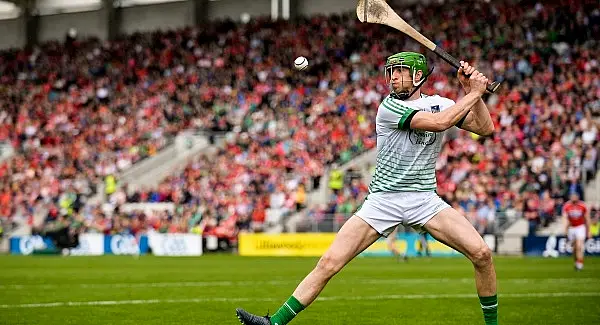
I was on The Sunday Game the following evening with Jackie and when we were watching the game that afternoon for the highlights reel, I said to Jackie that you wouldn’t have seen that from Graeme in the past.
Some people in Limerick thought he was finished but with 14 men, Graeme was saying to Coleman and Cork that evening, ‘No, this time around, it’s going to be different.’ As the Bull McCabe famously said to the Yank in The Field, ‘When others left, we stayed.’ And you almost got the impression that evening and Limerick were going nowhere, that it was going to take a fair team to shift them out of this championship.
You saw that defiance again from Graeme last Sunday. After giving away the ball late on, which led to Niall Burke’s point to reduce the deficit to one, Mulcahy came up with a brilliant point to push the lead back out to two. They weren’t like the Limerick of old. There was no surrender.
Limerick answered every question asked throughout the summer but they also whipped up the perfect storm along the way. We were in Oranmore at a preview night in early May when Cyril Farrell made a point, which really got me thinking.
He said that the third placed team in both groups might be best positioned to win an All-Ireland. It might have sounded off-the-wall at the time — especially when nobody knew what the championship would throw up — but I felt that Cyril might be on to something.
Nobody would turn their noses up to a Munster or Leinster title but that third placed team would carry the hurt from not having made the final. In a kind of perverse way, it would remove another big game from an already hectic schedule.
That third-placed team would get a timely three and four week break to recharge heavily run-down batteries before meeting the Joe McDonagh Cup winners and finalists in a preliminary All-Ireland quarter-final.
Without sounding condescending but that was a game they were always going to win, which provided almost the perfect run-in to an All-Ireland quarter-final.
Hindsight is gold but would Galway have swapped their Leinster title — even a Leinster final appearance and the two bruising games against Kilkenny — for Limerick’s run-in to last Sunday?
Would that pathway have suited Cork more than the four-week lay-off without a game prior to their All-Ireland semi-final? Cork will still feel they should have won that game but Cyril was on to something before anyone else.
A Munster and Leinster title will always be cherished but this new championship is so attritional that teams may be asking if they’re really worth it if they want the biggest prize of all?

Cork goalkeeper Anthony Nash celebrates after winning the Munster final where the Rebels beat Clare in Thurles
The poverty of Wexford’s performance in their All-Ireland quarter-final against Clare may make a mockery of Farrell’s theory but that was as much down to Wexford’s crippling game-plan on the day than the route they’d been presented with. And when Wexford really went for it late on, they nearly won the match. They might have if Donal Tuohy hadn’t made an excellent save from Harry Kehoe.
In fairness to Limerick, they got everything right as the summer progressed. They were brilliantly led John Kiely, who showed incredible steel as a manager. And a team superbly coached by Paul Kinnerk became more comfortable with their style the deeper they went into the championship.
That night in Oranmore, I said that the team with the best management, and back-up, would go a long way towards winning this championship. It’s nearly the best team you can assemble around your team and Limerick certainly had all of those boxes ticked. The amount of people Declan Hannon thanked afterwards in his speech was incredible.
I know I’m a Munster man but I was delighted that a Munster team won the All-Ireland for more reason than provincial loyalty. Because the Munster championship gave us everything. And more. Leinster did give us some classics — Dublin/Kilkenny and Kilkenny/Wexford, the Galway-Kilkenny replay — but every game in Munster was almost an epic.
The intensity was so brutal and so unforgiving that two of the biggest guns — and two of the favourites beforehand — didn’t even win a game. And yet the margins were still tiny. Waterford were annihilated with injuries but their season still turned on their draw with Tipperary. The infamous ‘ghost goal’ effectively cost them that game which, if Waterford had won, would have still left them in the hunt entering their last game against Cork. Tipperary would have been in clover if Jake Morris’ late shot against Clare hadn’t hit the post. They’d have ideally progressed as the third-placed team and had a chance to reboot and rewire for a right assault on the All-Ireland.
It was no surprise that both teams had the relentless schedule of playing four games in 21 days, which was completely unfair when you assess the championship coldly now. Limerick’s only blip came against Clare but that was their third game in three weeks. So you can only imagine how hard it was to play four weeks in a row at that intensity, and under that kind of pressure.
The unrelenting schedule also caught up with Galway. We were all saying after the Leinster final replay that the game, and the manner in how Galway finished out the game, would make Galway but it almost broke them. The cracks which appeared that day got wider afterwards and five huge games in seven weeks was just too much for a finish.
Tweaks will certainly have to be made going forward. The timing and scheduling of every game has to be equalised. The club month in April certainly isn’t working. It’s hard to squeeze so much into such a tight calendar but they have to find more space from somewhere because the schedule is just too much for amateur players.
Nine games for Galway was just one too many for a finish and yet, they still could have won the All-Ireland with the very last puck of the championship.
That last free from Joe Canning which dropped in the square could have ended up in the net if Joseph Cooney had connected on it, or if Johnny Glynn had wrapped his huge paw around the sliotar.
If the ball had ended up in the net, I don’t know if Limerick would have even fielded a senior hurling team next year. That might sound ultra-dramatic but the 1994 collapse to Offaly wouldn’t have even compared to coughing up a nine-point lead at the end of normal time.
The hurt would have been unimaginable but Limerick didn’t deserve that misery or misfortune.
They’ve had more than their fair share of unlimited heartbreak, as Henry Martin titled his book. And winning the greatest All-Ireland of all will now deservedly turn this autumn and winter into seasons of unlimited joy and satisfaction.


